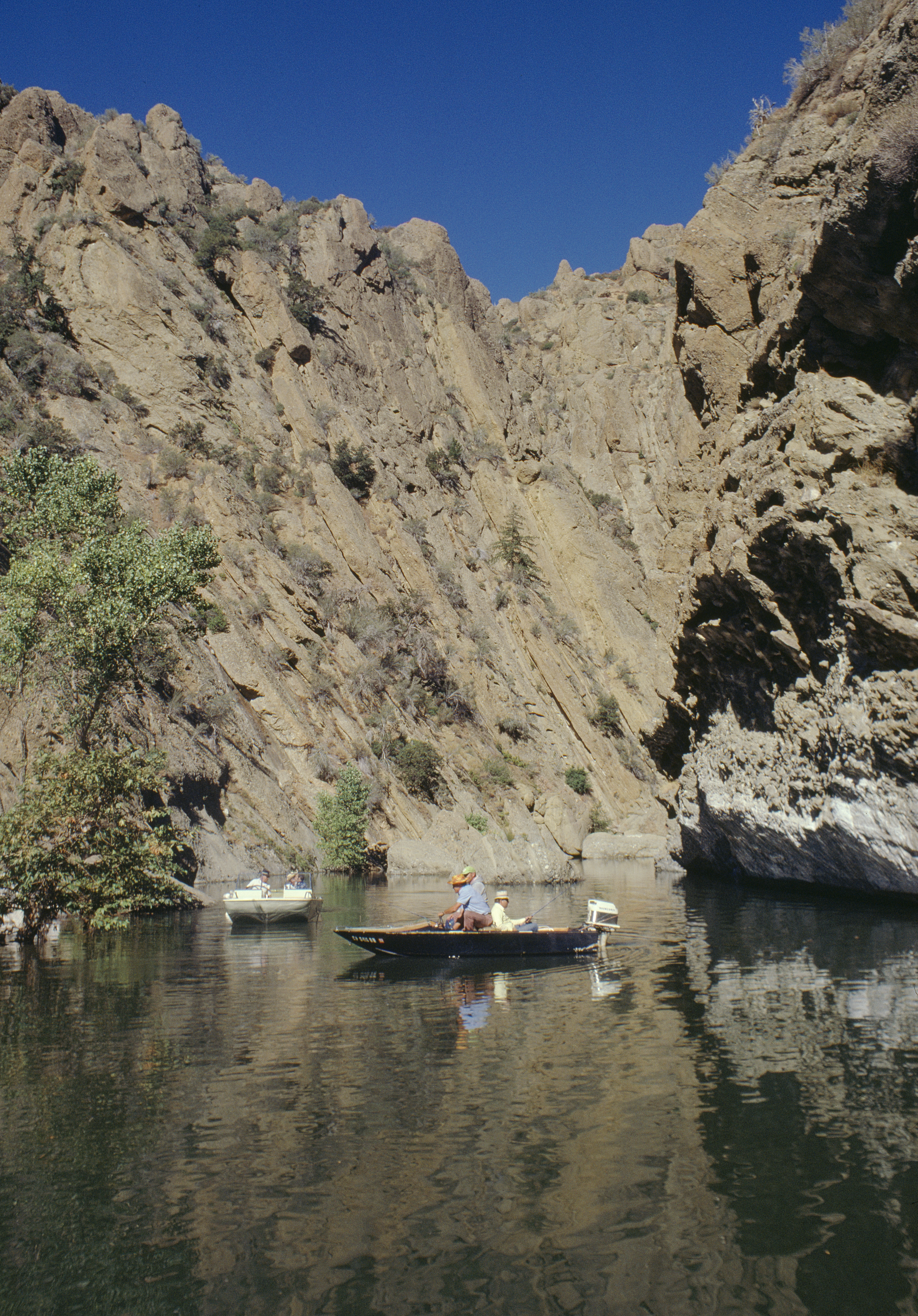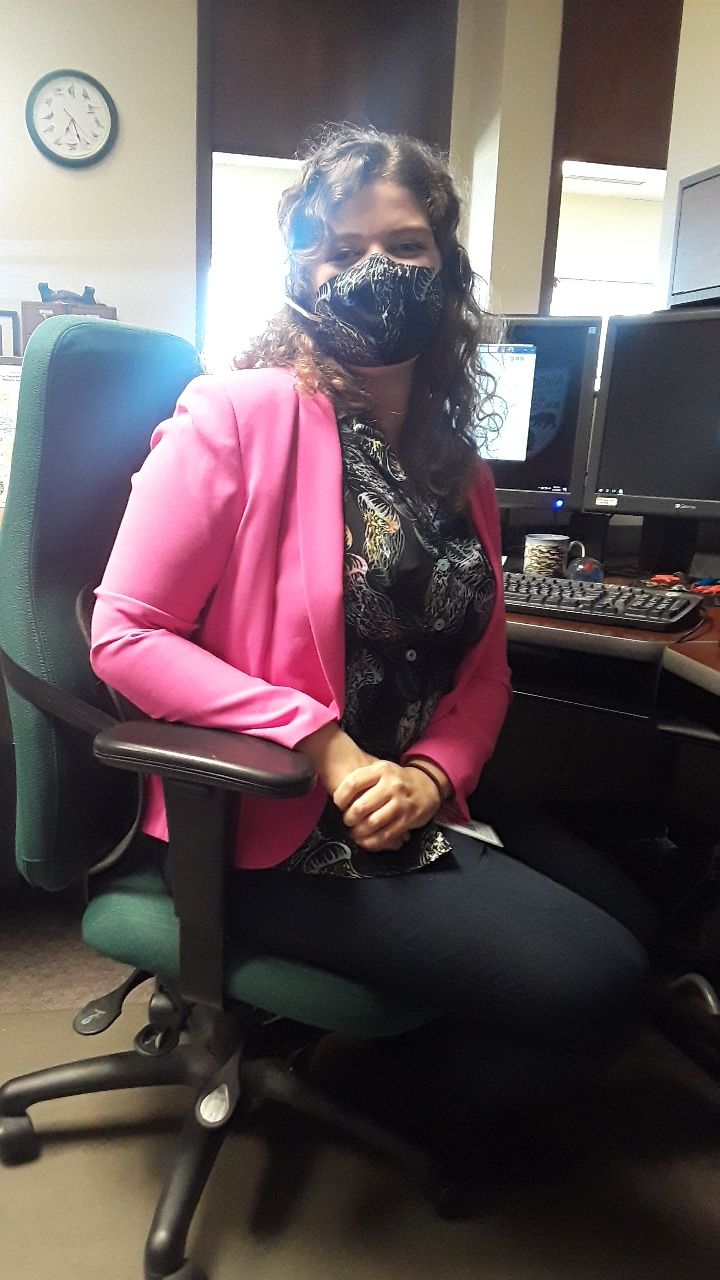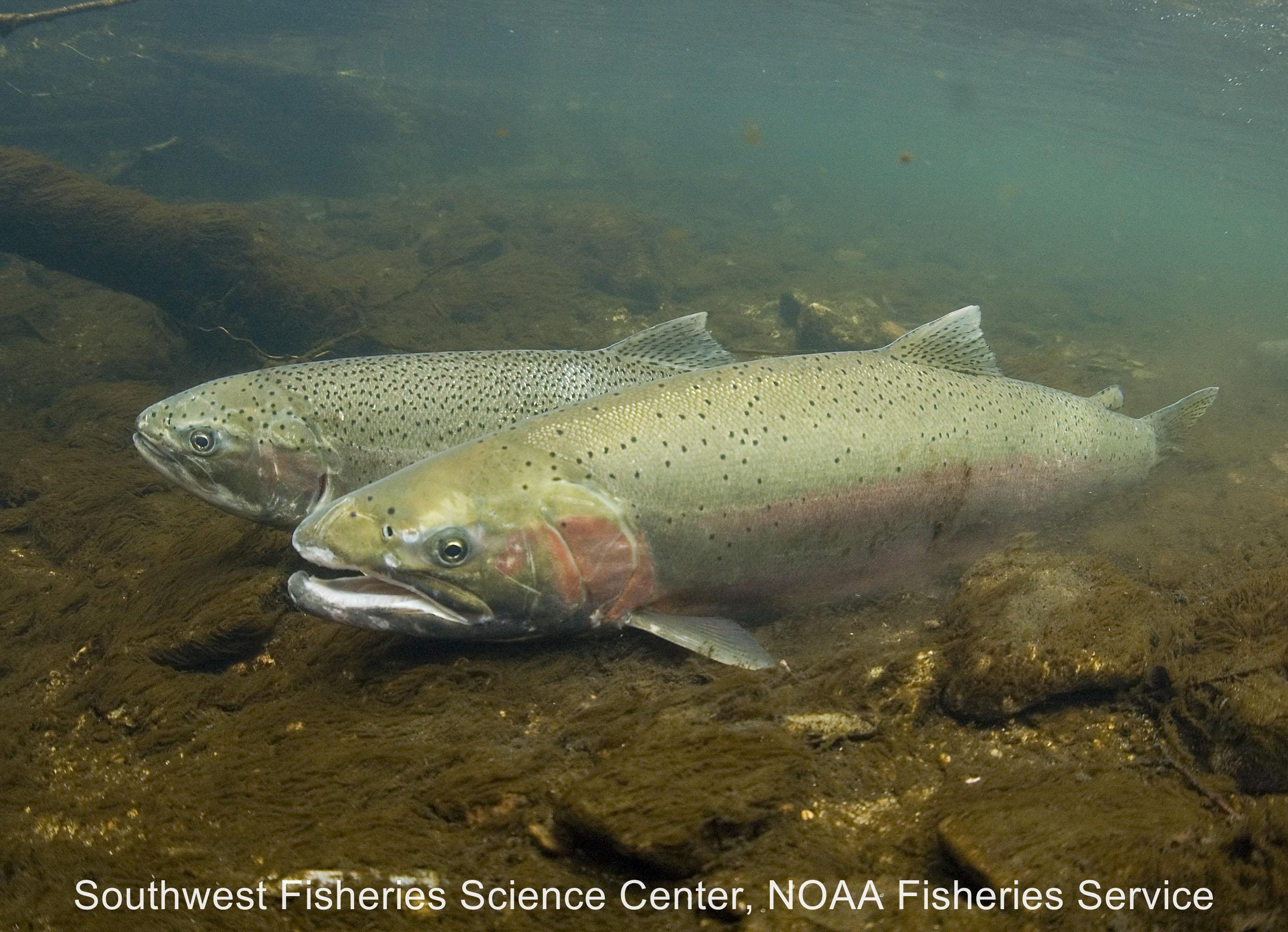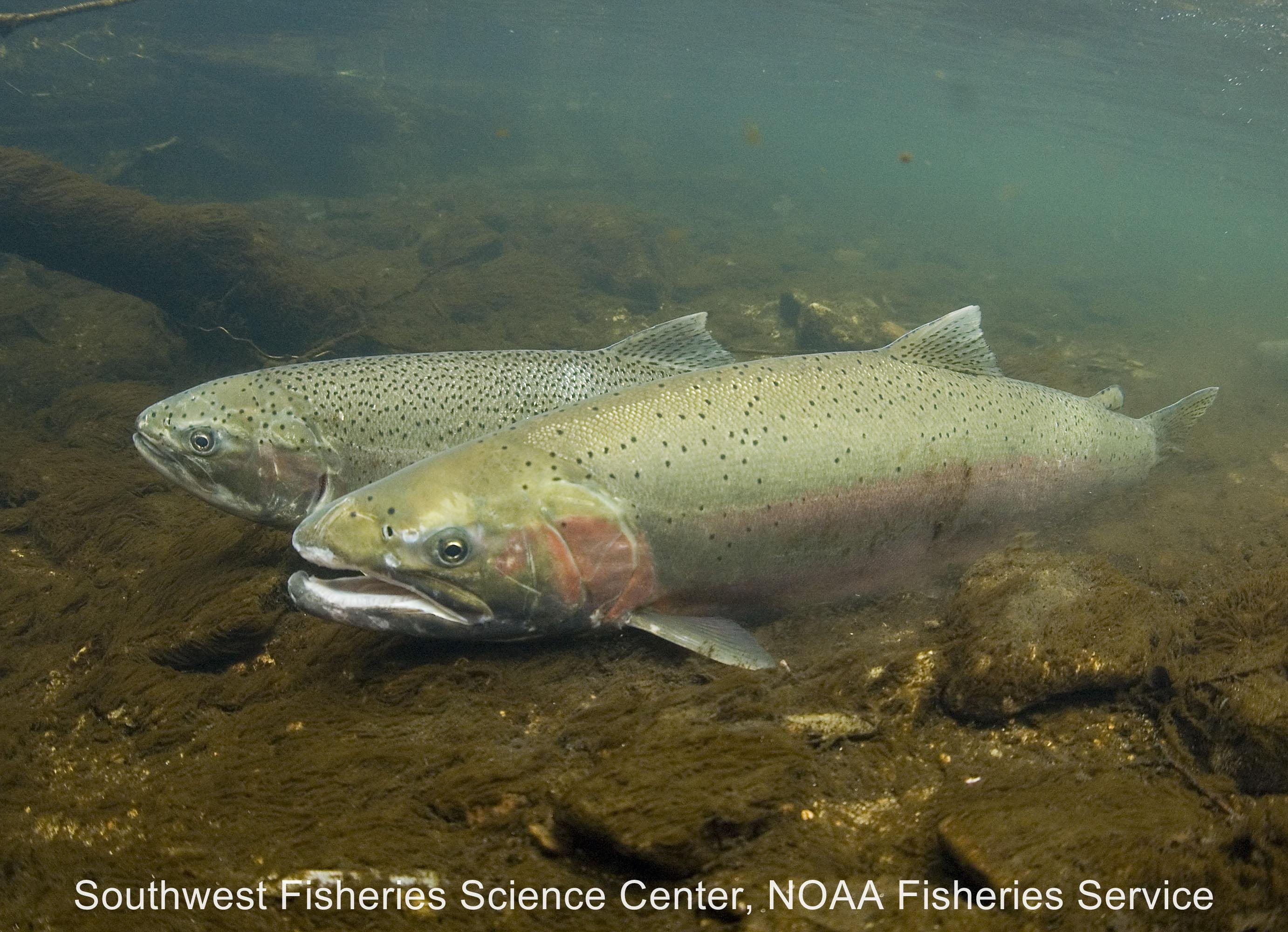The trout season brings thousands of anglers to California’s Sierra Nevada each spring, and with them a huge injection of tourism income. In 2020, a large influx of tourists from other parts of the state was suddenly a cause for concern as it introduced the possibility of people carrying COVID-19 into rural areas. The opening of trout season was fast approaching at the time the statewide shutdown occurred.
 Anglers will rightfully argue that trout fishing is intrinsically a socially distant activity. Concern arises not from the activity itself, but from the travel associated with it. Rural areas have few businesses, meaning traveling anglers all must stop at the same places for supplies, causing locals to interact with many people and introducing a risk of transmission. Rural counties lack the medical infrastructure for a pandemic. If an outbreak occurred in these areas, medical facilities could easily become overwhelmed. Several counties concluded there was an urgent need to delay the trout season opening until welcoming the visiting anglers no longer posed a risk. Only the California Fish and Game Commission has authority to take such action, so counties approached it for assistance.
Anglers will rightfully argue that trout fishing is intrinsically a socially distant activity. Concern arises not from the activity itself, but from the travel associated with it. Rural areas have few businesses, meaning traveling anglers all must stop at the same places for supplies, causing locals to interact with many people and introducing a risk of transmission. Rural counties lack the medical infrastructure for a pandemic. If an outbreak occurred in these areas, medical facilities could easily become overwhelmed. Several counties concluded there was an urgent need to delay the trout season opening until welcoming the visiting anglers no longer posed a risk. Only the California Fish and Game Commission has authority to take such action, so counties approached it for assistance.
The commission scheduled an emergency meeting on April 9, 2020, to give the director of the California Department of Fish and Wildlife temporary authority to close or delay inland sport fishing seasons county-by-county, as the director can act more quickly than the commission can. This emergency meeting was to be the first virtual meeting of the commission that would allow a large number of individual callers to comment. Staff were planning to use a platform we had used before, but never on such a large scale.
Things went very sideways very quickly.
 I was in the office for the day of the meeting, and able to get online and connect early. Shortly after I arrived, so did hundreds of others. The platform was quickly overwhelmed by a number of attendees well beyond the technology’s capacity. In addition to myself, our executive director and our new analyst were on site. There were so many attendees that our executive director was completely unable to join the meeting due to overcapacity (along with three of our five commissioners). In addition to the lockout, our analyst’s technology quickly began to malfunction—of everyone in the office I was the only one who could reach the meeting.
I was in the office for the day of the meeting, and able to get online and connect early. Shortly after I arrived, so did hundreds of others. The platform was quickly overwhelmed by a number of attendees well beyond the technology’s capacity. In addition to myself, our executive director and our new analyst were on site. There were so many attendees that our executive director was completely unable to join the meeting due to overcapacity (along with three of our five commissioners). In addition to the lockout, our analyst’s technology quickly began to malfunction—of everyone in the office I was the only one who could reach the meeting.
The commission president tried to call the meeting to order, only to be overwhelmed by crowds that we could not mute, no matter what we tried. Attendees began to broadcast messages both intended to disrupt us and to inject chaos. Obscenities were yelled by attendees, as well as calls to “make fishing great again.” Accusations were made that we were all fascists, and what sounded like a sermon was played over a radio into an attendee’s microphone.
I was the only person in the office who could both hear and be heard by the meeting attendees. Our executive director was fielding dozens of bewildered, concerned, and questioning phone calls, texts, and emails from staff, stakeholders, and commissioners. She had to plan on the fly and began dictating to me: I needed to make all announcements on behalf of her. I had to tell the attendees that we were rescheduling the meeting. I had to step into the fray to be the face of the commission and give these people news they did not want to hear: I was the only one who could hear and be heard.
So, I got in front of the crowd (so to speak) and made the announcements as the voice of the commission (leading to the unique experience of those on the call directing insults at me specifically).
The meeting shut down shortly after my announcements, and everything seemed to fast forward after that. I found myself walking home at 3pm, not sure what to make of it all. The main question I asked myself was, what had happened to cause things to go wrong?
Among other issues, staff discovered that our meeting’s intent had been misrepresented to the public. An article from a conservative news media site reported our meeting as an attempt to close fishing statewide. The article was shared on social media platforms such as Facebook and Twitter by Republican members of the state legislature, with the addition of comments such as “…the enviros don’t really want you out there in the first place…”.
I had only recently left academia and started my fellowship position, and I had no idea that conflict between the legislative and executive branches could happen like this. The constituents of these legislators came to our meeting. They misunderstood—or had been misinformed about—what we were trying to do. Many came in angry, refused to cooperate with meeting etiquette, and overwhelmed our inadequate technology.
Acting as the face of the commission under such stressful circumstances was an unexpected role in my fellowship. To any future fellows: you are going to find yourself having to step up into unexpected situations. While this incident was the clearest example, in working on other topics like this, I have found that there are those who do not do their research and wind up very angry. There are conflicts underway all the time in niches that the general public is completely unaware of, and they can be equal parts fascinating and frustrating. Getting a view into this world broadened my horizons as a fellow and as a person.
Acknowledgements: In addition to my own experience, this blog post was informed by this article by Ryan Sabalow in the Sacramento Bee, which helped immensely with the timeline of events and staff’s understanding of representation by other outlets.





